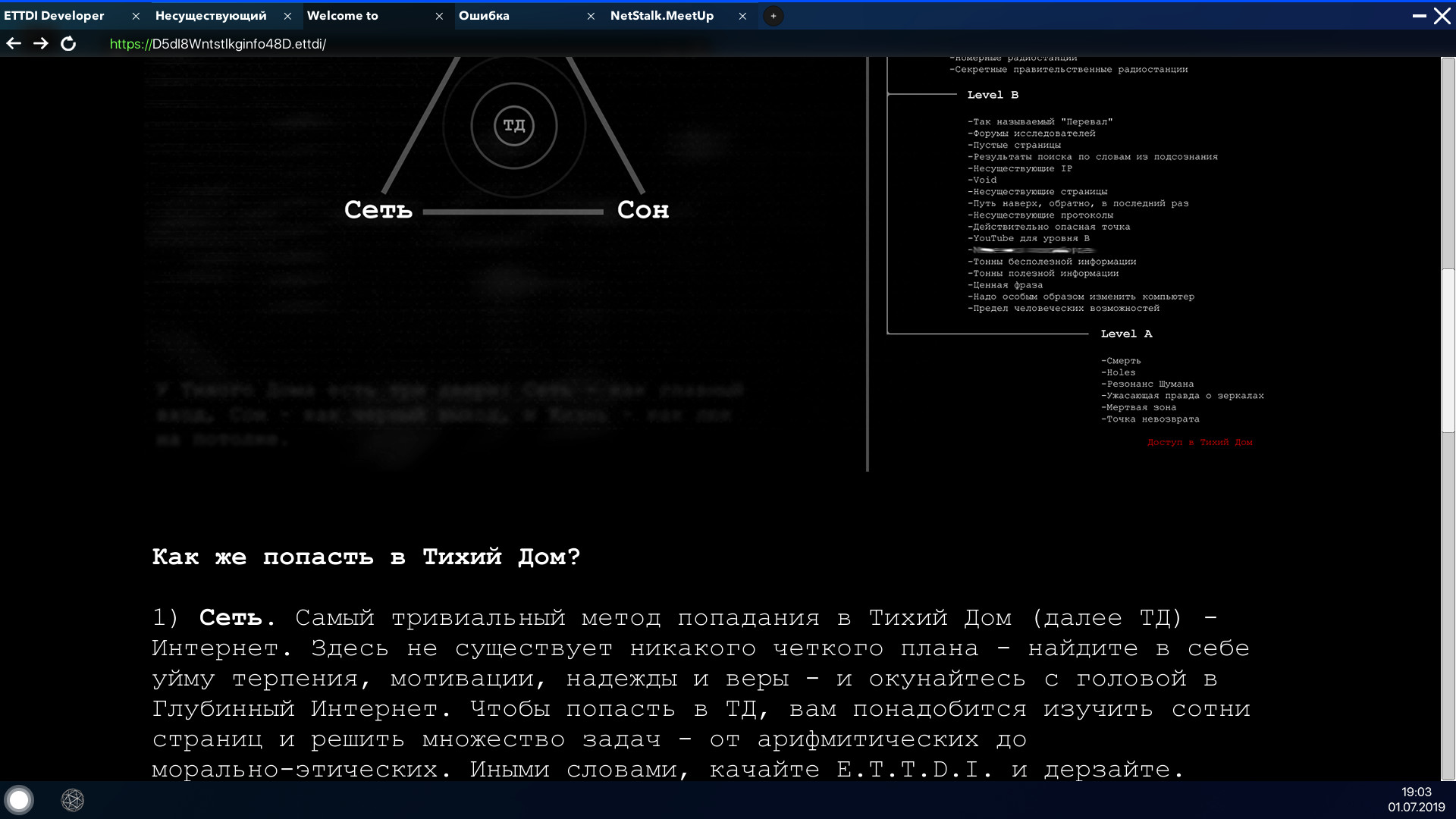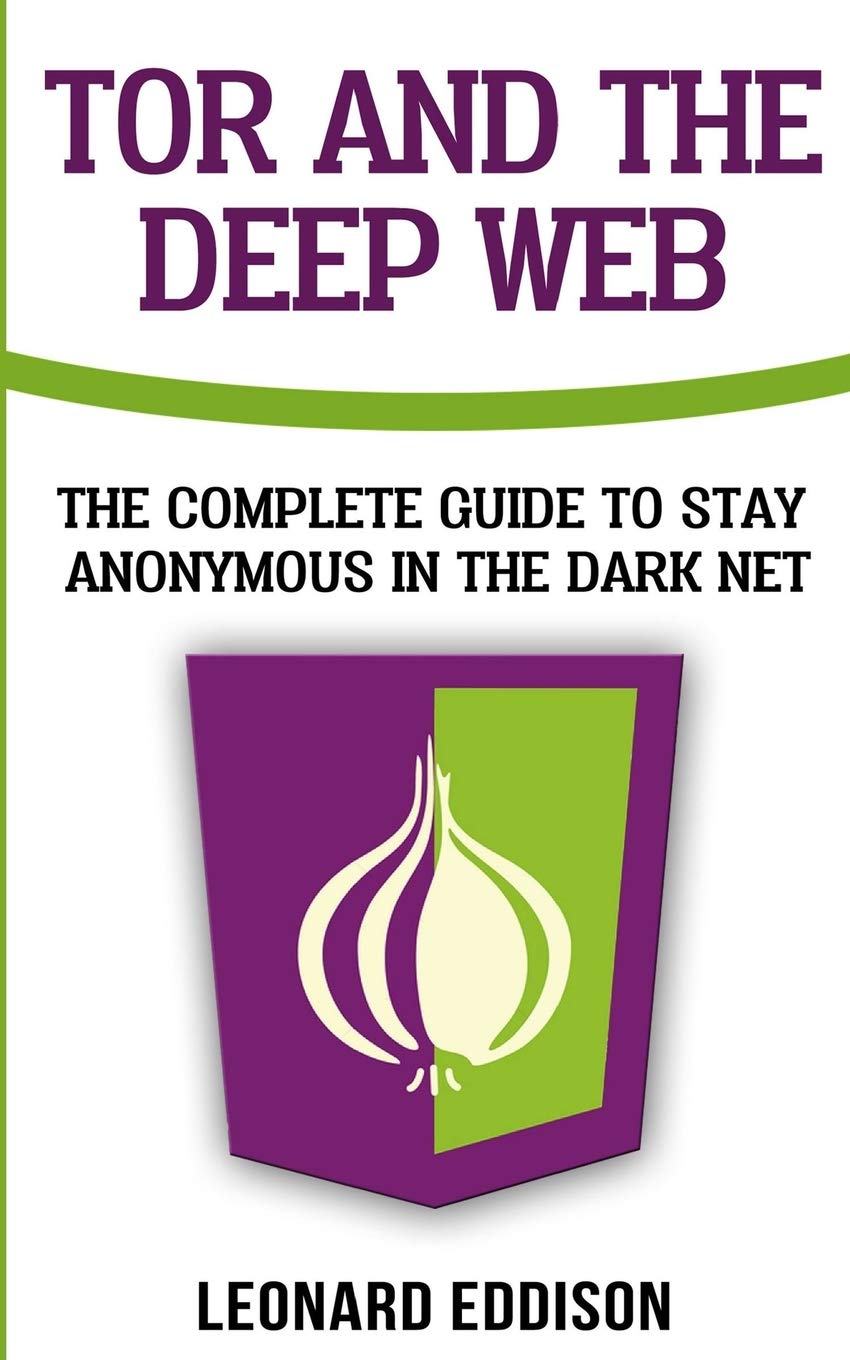In the shadows of the internet lies a secret world that exists beyond the reach of traditional search engines and social media platforms. This is the sphere of the dark web, a segment of the internet that is frequently linked to secrecy and illicit activities. Dark web markets have captured significant attention in recent years, drawing in a mix of intrigued explorers, cybercriminals, and those looking for goods and products that are hard to find on the surface web.
As individuals delve into the complexities of the dark web, they encounter various marketplaces that trade in everything from legal drugs to stolen data. These markets operate on the principle of secrecy, using encryption and other technologies to safeguard the identities of buyers and sellers. However, this shroud of anonymity poses important concerns about lawfulness, ethics, and the implications of engaging in such exchanges. Exploring the dark web offers a view into one of the most controversial and misunderstood aspects of the internet, revealing both the appeal and the dangers of this hidden landscape.
Understanding the Shadow Web
The shadow web is a part of the internet that is excluded by traditional search engines, making it challenging to access for most users. It demands special programs, such as Tor, to enter and navigate, providing disguise to users and enabling them to participate in activities that can be both lawful and forbidden. This secret realm encourages a perception of seclusion and security, attracting a varied range of people, including informants, campaigners, and those looking to escape monitoring.
Within the hidden web, a diversity of marketplaces have developed, focusing in the exchange of products and services that range from the innocuous to the criminal. These marketplaces often work on a cryptocurrency basis, ensuring transactions stay anonymous and safe. While some dark web marketplaces focus on security-oriented tools, some may deal in illegal drugs, weapons, or stolen data, forming an atmosphere that is both captivating and treacherous.

Understanding the hidden web is crucial in considering the broader ramifications of its presence. While it functions as a sanctuary for lawful pursuits, such as free speech in oppressive regimes, it simultaneously poses significant challenges to authorities and the public at large. Addressing the nuances of the dark web requires a nuanced approach that measures the necessity for security with the freedoms to privacy and open dialogue.
The Economics of Dark Web Markets
The dark web operates on a distinct financial framework that diverges substantially from standard markets. One of the defining features is the implementation of crypto assets, which enable buyers and sellers to conduct transactions without revealing their identity. This privacy fosters a sense of protection among users, permitting them to engage in questionable activities without fear of being traced by authorities. The growth of digital currencies like Bitcoin and Monero has further supported this environment, making exchanges quick and not as vulnerable to banking regulations.
Market dynamics on the dark web are intriguing. Marketplaces often exhibit a vast array of items and services, ranging from narcotics and forged items to cyber services and private data. This variety attracts a mixed user base, driving contestation among vendors. Some sellers thrive on reputation and customer reviews, while others rely on aggressive pricing strategies. The contest often leads to creativity in service options and customer service approaches, even in this underground economy.
However, the volatile nature of dark web markets presents significant hazards. Law enforcement agencies continuously monitor these platforms, leading to periodic crackdowns that can disrupt market equilibrium suddenly. Marketplaces may cease to exist or be confiscated, causing sellers and buyers to lose investments suddenly. Moreover, the presence of scam vendors can create mistrust among users, prompting a conservative method to purchasing. Thus, although the temptation of privacy and unconventional trade attracts many, players in these markets must navigate a complex environment filled with risks and danger.
Risks and Outcomes of Dark Web Participation

Engaging with dark web markets poses significant threats, both legally and personally. One of the key concerns is the legal risks associated with acquiring or trading forbidden goods and offerings. Law enforcement agencies have become proficient at pursuing actions on the dark web, leading to captures and sentences for those participating in illegal deals. Users may face the risk of confronting severe penalties, including substantial fines and prolonged prison sentences. darknet markets
In also to legal risks, navigating the dark web can put individuals to online threats. The anonymity and unregulated nature of dark web markets attract a broad range of malicious actors, such as hackers and fraudsters. Users may fall victim to theft, financial fraud, or further online offenses. Furthermore, engaging in these platforms can lead to a loss of protection, as individuals may inadvertently share private details or come across violent or dangerous content.
In conclusion, the mental effects of engaging with deep web markets should not be overlooked. The nature of the material and items often found there can be upsetting, causing anguish or desensitization to aggression and criminal conduct. This can lead to increased anxiety and internal conflicts, creating a tension between individual ethics and the appeal of privacy and liberty that the deep web offers. In summary, these combined threats illustrate the perilous field of deep web engagement.
